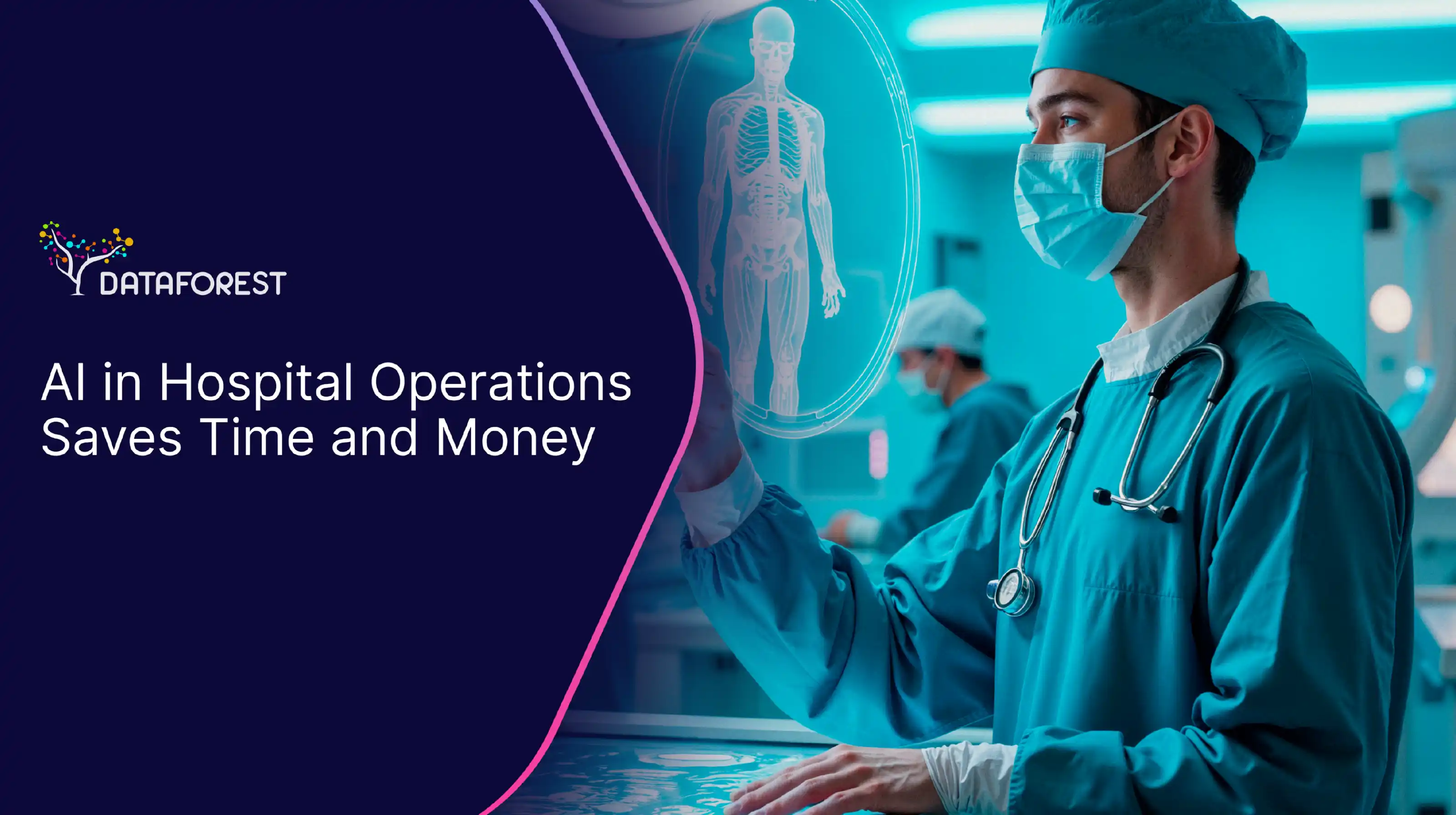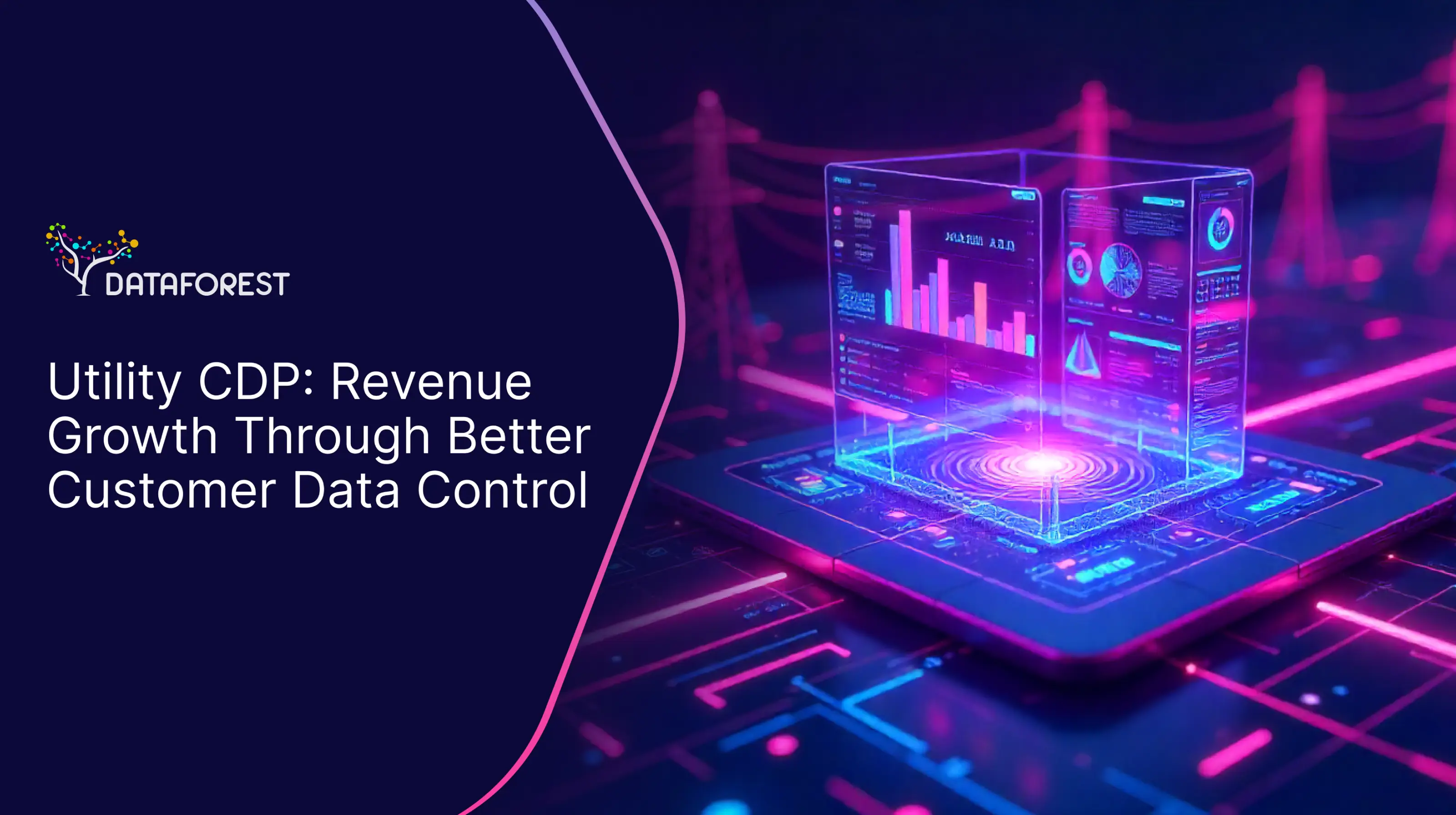Digital Transformation with AI: Algorithms for Automated Decisions
We use AI and machine learning algorithms to transform enterprise data into strategic knowledge and apply foreseeable analytics, process automation, and decision optimization in real-time across business capabilities by taking advantage of our skilled team.




PARTNER

PARTNER
FEATURED IN

01
Digital Transformation Consulting-AI
The development of a roadmap to match AI capabilities with the strategic business goals by elaboration of technological assessment and implementation planning.
02
Enterprise AI Integration
Integrating AI technologies into the organizational systems in a systematic manner so that the interoperability between the systems is guaranteed and intelligent capabilities are harmonized.
03
Process AI Automation
Deploying machine learning algorithms to substitute human, recursive tasks with smart and self-optimizing computerized procedures.
04
AI Process Reengineering
Business process redesign through the current workflow analysis and the relevant reimplementation using AI in digital transformation, efficiency, and predictability.
05
Digital Workflow Legacy System Modernization
Changing an old technological backbone through the introduction of AI, digital transformation consulting, interfaces, and data pipeline architecture to intelligent data processing mechanisms.
06
Digital Maturity Workflow Intelligence
Implementation of dynamically evolving workflow systems that learn, predict, and optimize the workflows in real-time and help organizations to transform digitally with AI.
07
AutoML in Intelligent Automation
Implementing machine learning algorithms to develop self-reinforcing and self-directed machine business processes that require low human participation.
08
Predictive Analytics Installation and Optimization of Algorithms
Creating a data infrastructure that will allow highly sophisticated machine learning models to produce forward-looking insights and probabilistic business intelligence.
09
Decision Making Algorithms
Developing algorithmic structures to convert raw data into actionable and contextual strategic recommendations as one of your digital transformation and AI initiatives.
10
Enterprise AI Cognitive computing
The emergence of holistic technological systems that facilitate the uninterrupted engagement between artificial cognitive and human intelligence is essential to AI digital transformation services.
Digitalization of the Enterprise in All Industries.
The digital transformation solutions provided by DATAFOREST optimize the industry processes based on the intelligent data analysis provided by AI. We use powerful machine learning algorithms and analyze large volumes of data, forecast trends, automate complicated operations, and create real-time information.
Digital Transformation with AI: There Are Major Stages to success
These are the steps that are our systematic and repetitive method of changing the organizational capabilities using artificial intelligence in digital transformation. DATAFOREST offers an organized approach towards integrating intelligent technologies into enterprise systems in a progressive manner.
.svg)
Evaluate AI Preparedness and Infrastructure
Carry out an extensive analysis of the existing technological infrastructure, data preparedness, and maturity of organizational AI.
01

Strategize AI Digital Transformation Consulting Roadmap
Develop a specific strategy that integrates AI potentials and business goals and change requirements.
02
.svg)
Implement AI with Systems Integrity
Integrate AI technologies into the organizational systems to provide interoperability and coherent intelligent use.
03
.svg)
Optimize Business Processes with Digital Transformation and AI
Optimize efficiency, predictability, and flexibility by re-designing and re-engineering processes with the help of machine learning.
04
.svg)
Implement AI Deployment over Phases
Create a transformation strategy by rolling it out in stages, piloting it, and controlled interventions.
05
.svg)
Empower AI Feedback Loops to Continuous Improvement
Create adaptive feedback systems and systems of self-improvement that can keep up with the performance data and technology.
06
Important Surveys to Digital Transformation Services provided by AI
The solution to these issues is in the modernization of infrastructures and aligning the strategies of AI with organizational needs to create smooth integrations, improved scalability, and agility of data.

Manual Bottlenecks
The performance of sluggish and repetitive activities lowers the level of efficiency and creates errors, rendering operations less productive. The automation of these bottlenecks is done using AI to streamline processes, as well as minimize human interaction and speed up processes by means of digital transformation with AI.

Data Silos
Lack of smooth access through fragmented information in various departments makes it difficult to make decisions. Information centralization (AI-driven integration) enables an efficient flow of the processed information, real-time accessibility, and enhanced cross-functional insights, which form the main aspect of an effective AI in a digital change initiative.

Slow Decisions
In the absence of real-time data analysis, businesses have a problem with delayed decision-making, which affects agility and competitiveness. The AI-powered analytics processes can handle information in real-time, allowing for faster and more informed decisions with the help of AI digital transformation services.

Scaling Trouble
The problem that growing businesses face is the expansion of AI capabilities without increasing complexity. AI-based digital transformation consulting on clouds offers scalable and flexible infrastructure that is responsive to business needs without bringing overwhelming resources.
.svg)
Process Insight
Automatically maps, analyses, and optimizes business processes, using machine learning to extract patterns in process logs, identify process bottlenecks, and suggest process improvement suggestions. It is the key to digital transformation and AI projects.
.svg)
Systemic Orchestration
Builds full platforms based on containerization, pipeline-based deployment, and advanced monitoring systems. They combine machine learning models, control data transformations, and create real-time insights in a framework of digital transformation which makes use of AI.

Cognitive Analytics
Deploys deep learning products to design predictor algorithms and produce autonomous decision-making models, which are essential in creating successful AI digital transformation services.

Strategic Experience
Leverages sentiment analysis and tracker user to build personal-level engagement, adding value by digitally transforming with AI.

The Operational Diagnosis
Performs technological diagnoses based on diagnostic algorithms, predictive modelling, and performance benchmarking to assess AI preparedness, as well as to determine possible opportunities for optimization of maintenance.

Cognitive Processing
In digital transformation, it uses AI to automate document interpretation, document extraction, and document intelligent routing with the use of optical character recognition, neural networks, and machine learning classification.
Articles in the field of AI Digital Transformation
All publicationsFAQ
What are the differences between AI-based transformation and the conventional digital transformation in terms of execution and results?
The fundamental distinction of AI in the digital transformation lies in the fact that, unlike traditional digital transformation, the emerging adaptive and self-learning technologies take into account dynamic real-time optimization of processes rather than the reactive aspects of steadfast technological improvements. In contrast with the conventional methods where the emphasis is on digitization, AI digital transformation services develop intelligent systems that are able to make autonomous decisions, perform forecasting analysis, and improve themselves independently.
How are our business processes analyzed and optimized with the help of AI technologies?
Namely, machine learning algorithms, e.g., neural networks, predictive analytics models, process mining techniques, natural language processing, and deep learning algorithms are specific technologies that are used in AI digital transformation consulting to extract complex patterns out of operational data. The systems made possible through these technologies allow thorough mapping, prediction of performance, identification of bottlenecks, and smart systems of recommendation application in business functions.
What do you do to ensure that AI models remain accurate at our business processes change?
To ensure the continuous accuracy of AI-driven digital transformation, it is essential to have continuous monitoring systems, adaptive learning systems, and strong feedback systems. The strategy also involves using AI models and deployment plans to maintain agility and modernity in the systems. We do this using methods such as transfer learning, incremental model updating, automatic retraining schemes, and by having a flexible model architecture that adapts dynamically to changing operating scenarios.
How do you go about developing a data strategy that facilitates AI-led transformation?
Our AI-driven transformation data strategy aims at building a digital ecosystem, which will guarantee the acquisition of high-quality, clean, and contextually relevant data at all organizational touchpoints. By using AI digital transformation consulting, we create a strategic solution that comprises data governance programs, sophisticated data washing procedures, secure integration methods, and smart metadata management, and turn raw data into strategic organizational intelligence.
How do you determine the most processes that would be most effective in improving AI?
In order to define our AI-enhancement opportunities, we need to perform an organizational diagnostic based on a modern process mining approach, quantitative performance analysis, and impact assessment. AI Digital transformation services, which we offer, target repetitive, data-intensive and processes that are crucial to realizing strategic outcomes.
What is your approach to the training of AI models using limited historical data?
In the case of small data sets, AI digital transformation consultation will be based on synthetic data generation techniques, transfer learning, few-shot learning, and domain adaptation. We aim to design more generalized, flexible model architectures that can learn well with small and high-quality samples of data and still have strong predictive integrity.
Are part of the AI ethics frameworks of the AI model lifecycle noted when deploying digital transformation?
The model lifecycle AI ethics encompasses the implementation of effective governance guidelines, which touch on bias mitigation, transparency, accountability, and fairness during the model creation and implementation. When it comes to AI digital transformation consulting, there is a responsible AI implementation that is in line with the standards of governance.
Is it possible to incorporate an enterprise architecture model into change management?
Enterprise architecture is applied in AI digital transformation consulting to match the implementation of technology to business purposes. Enterprise architecture is an important framework to trace the technological transitions, handle the interdependencies, and guarantee the smooth integration of AI-related innovations in various organizational spheres.
What is the relationship between intelligent process mining and the operations of machine learning?
The intelligent process mining is also inherently related to machine learning processes by providing advanced data pipeline designs that facilitate continuous model training, performance tracking, and automatic workflow optimization. The use of MLOps pipelines in continuous learning, retraining, and refinement of models is the digital transformation with AI. MLOps helps to offer the technological foundation through which process mining algorithms can dynamically acquire, modify, and improve operational insight in real-time.
Is the implementation of neural networks component of AI enterprise digital transformation?
Across digital transformation, neural networks play a major role in AI by facilitating deep pattern recognition, predictive analytics, and automation in the decision-making process. These cognitive computing models help businesses convert unstructured data into strategic knowledge, automate more demanding analytical processes, and develop adaptive and self-learning technological systems.
Let’s discuss your project
Share project details, like scope or challenges. We'll review and follow up with next steps.





.svg)
.svg)




























.svg)














